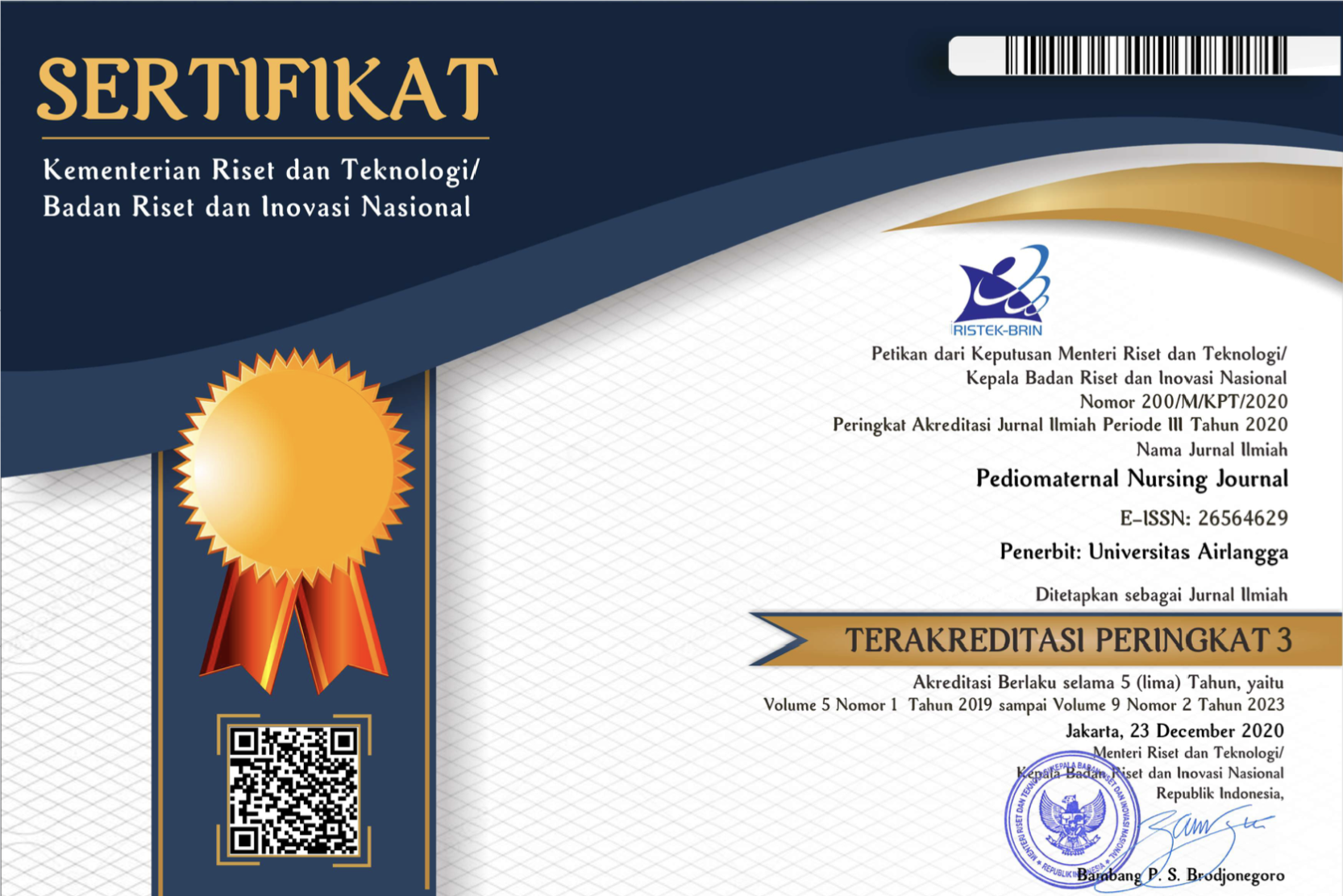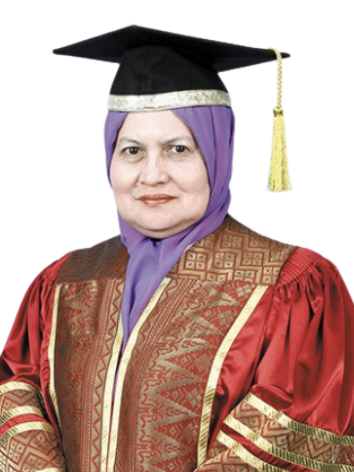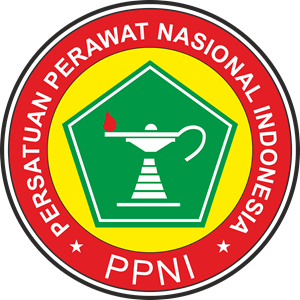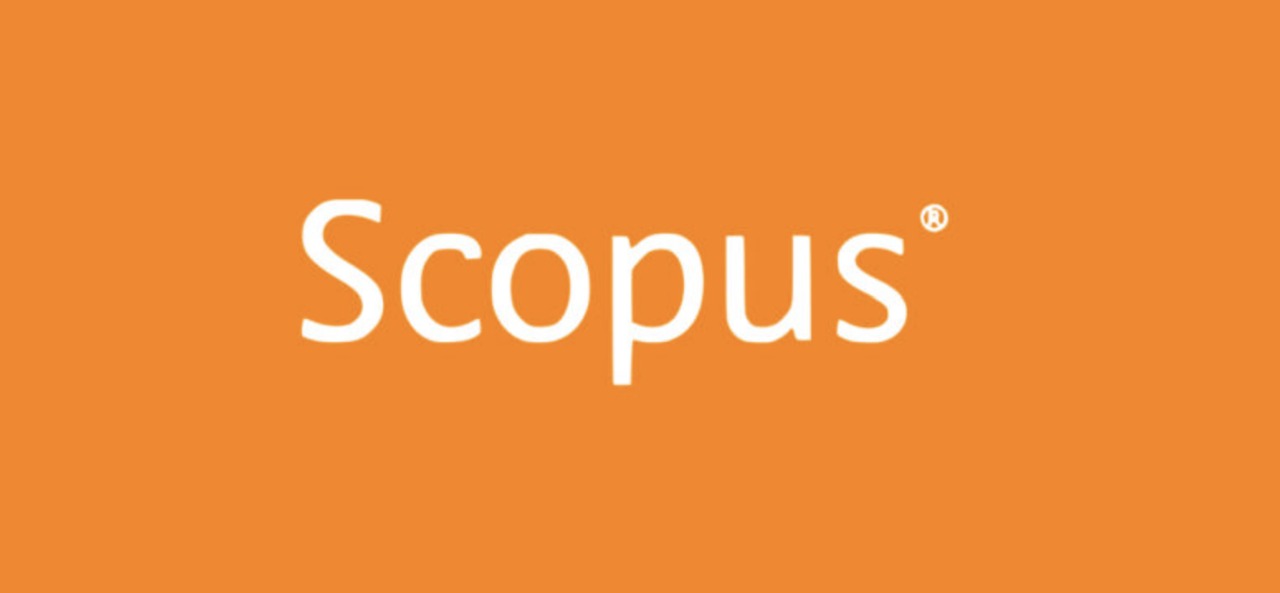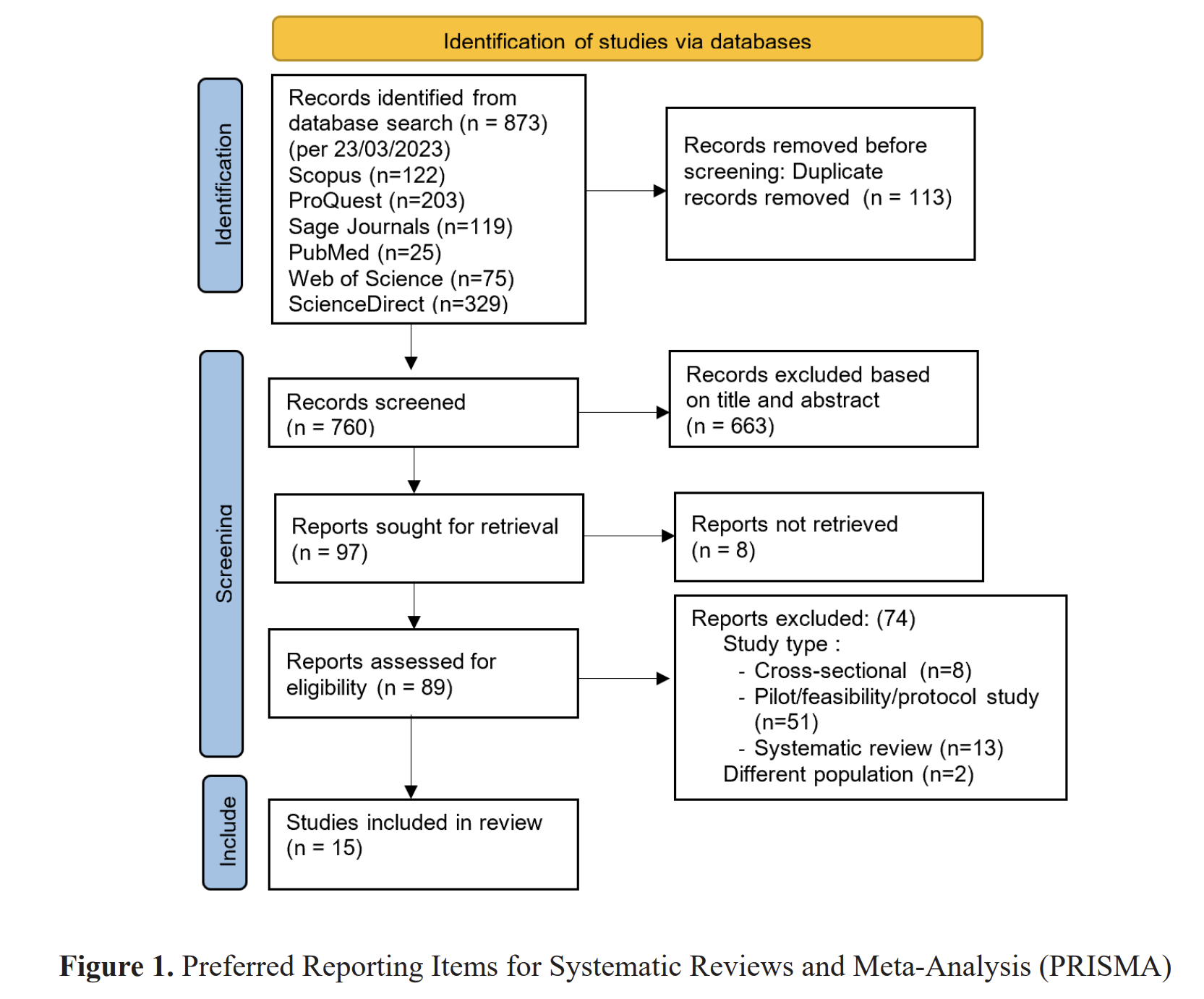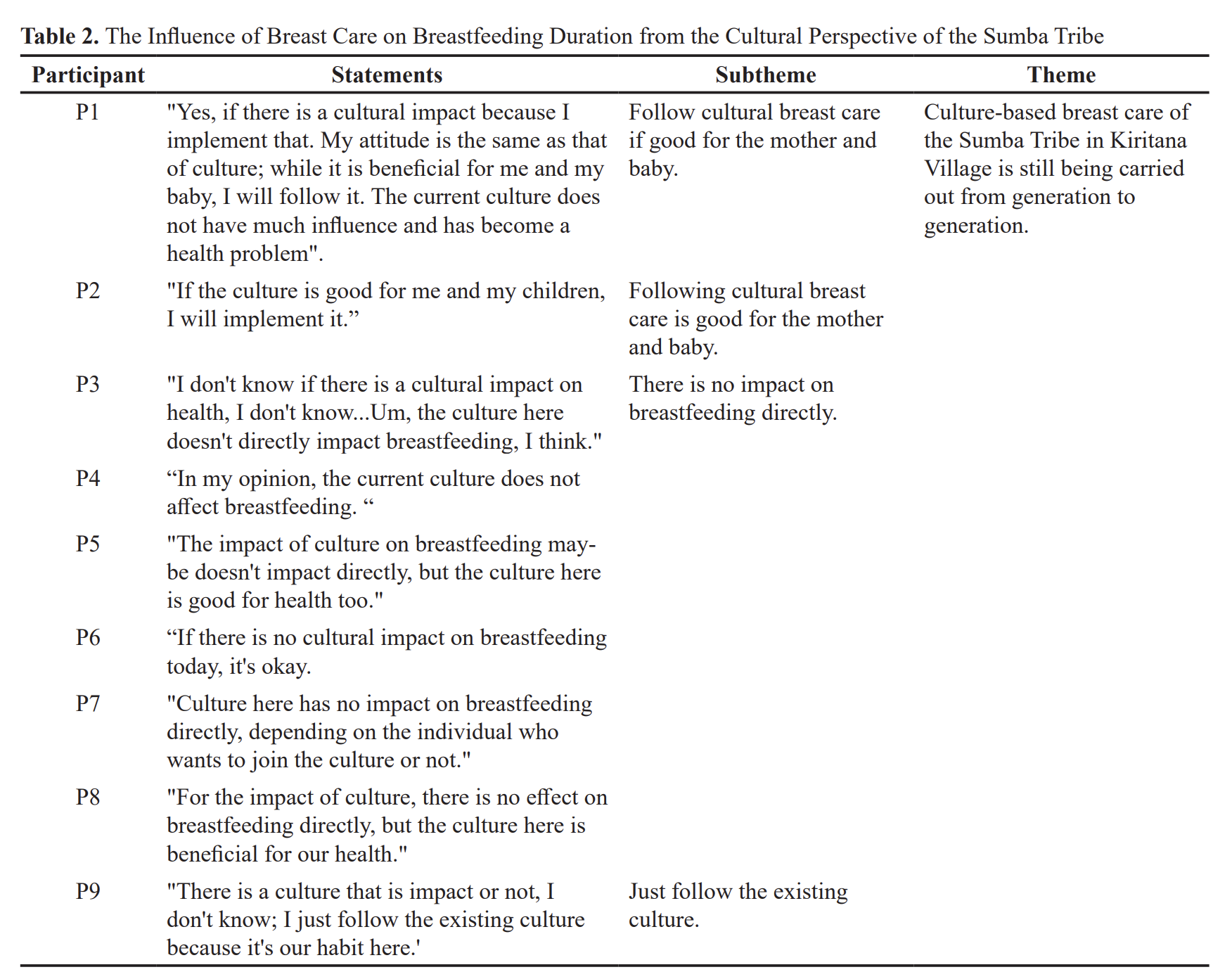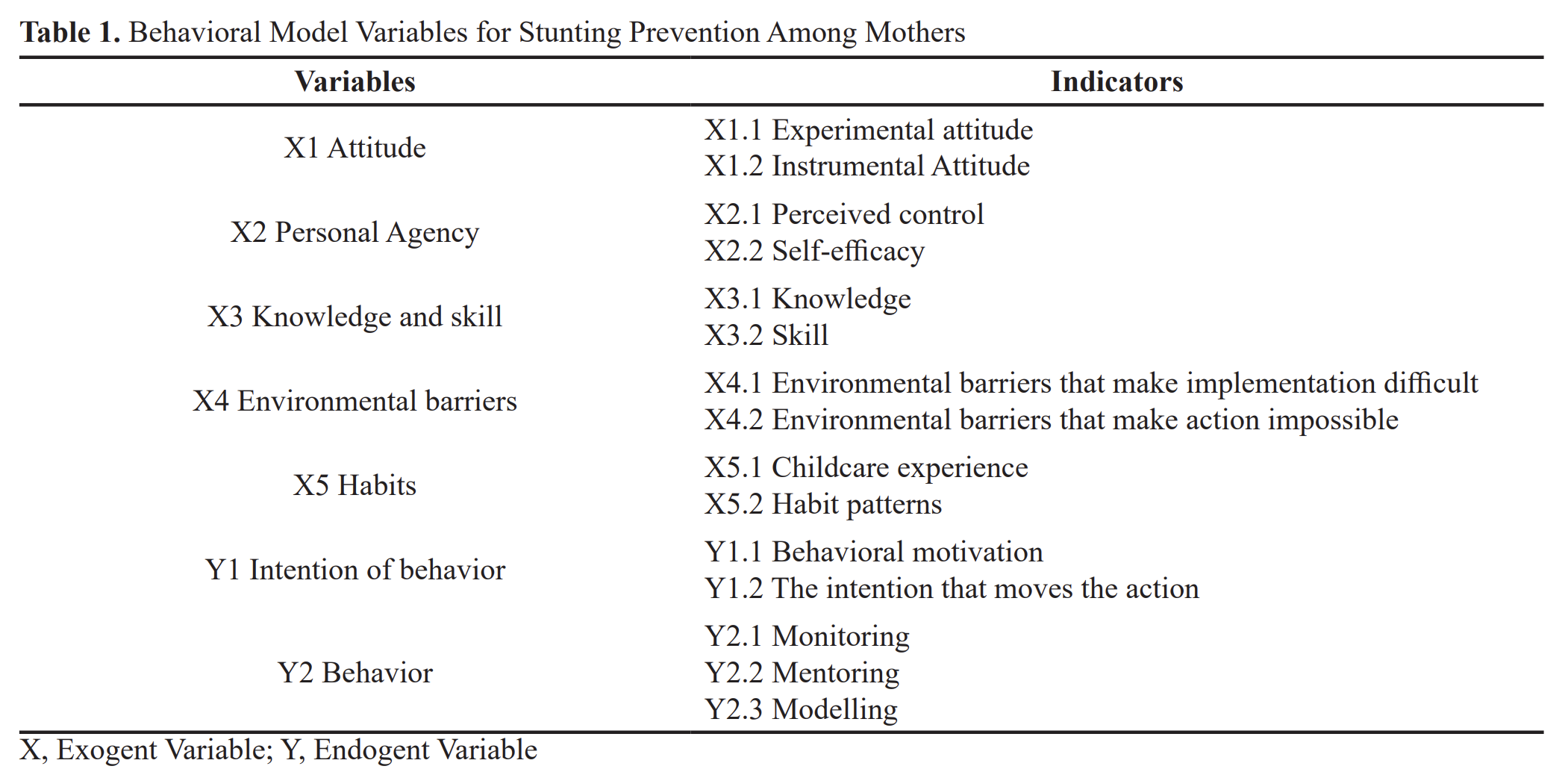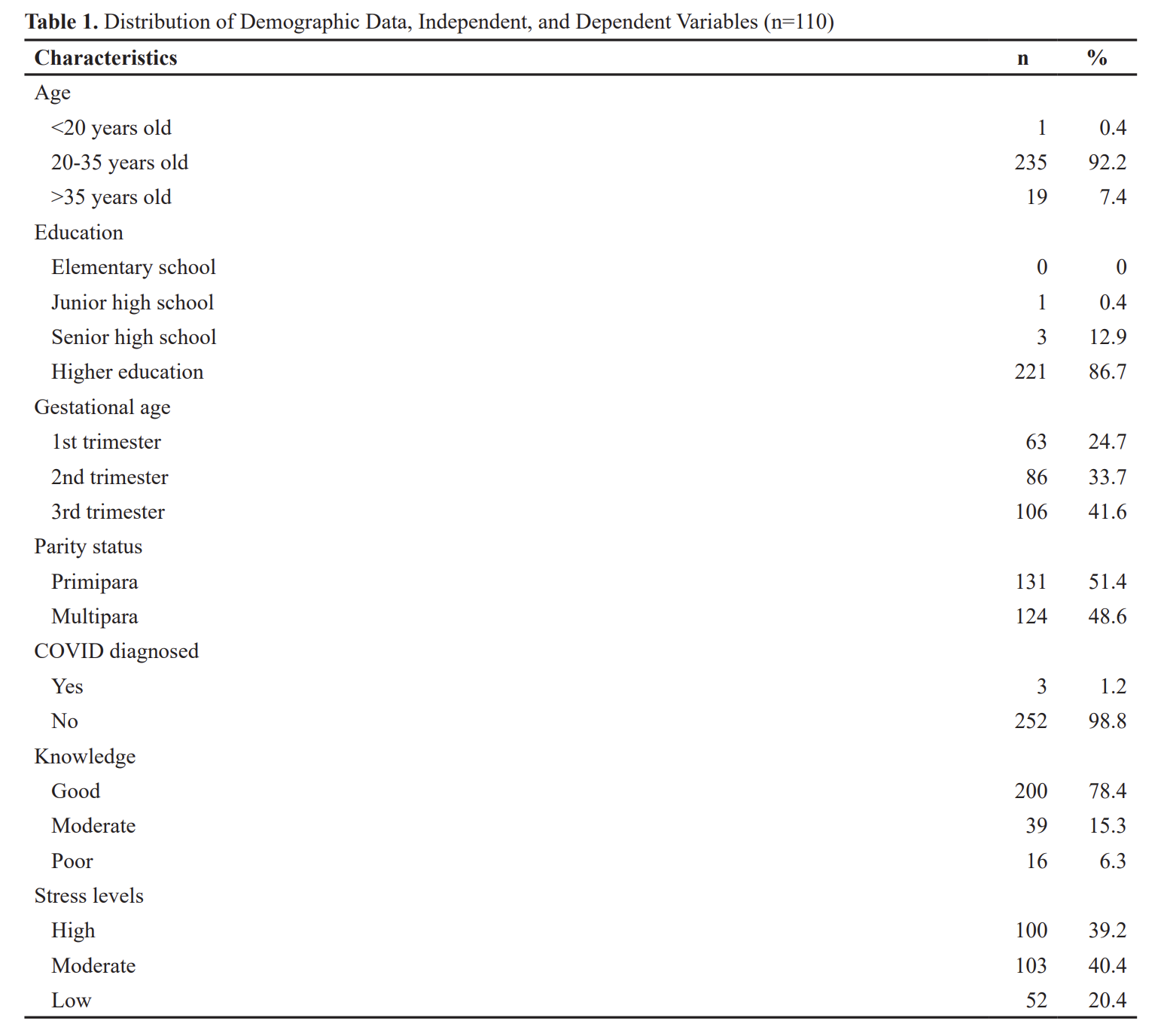The Effect of a Combination of Oxytocin Massage and Music Therapy on Breast Milk Production and Breastfeeding Self Efficacy in Primipara Post Partum Mothers
Downloads
ABSTRACT
Introduction: exclusive breastfeeding. Factors that affect mothers not to give breast milk to babies, including the condition of mothers who are stressed, lack of confidence can cause the production of breast milk not smooth. The aim of this study was to study the combination of oxytocin therapy and music therapy in breast milk production and breastfeeding self-efficacy in postpartum mothers.
Method: The study design used Quasy Experiment with a pre-posttest design. The population of mothers after childbirth who worked in the Kalijudan Health Center area, Surabaya. The sample used was 80 respondents, divided into 2 groups, 40 intervention groups and 40 control groups with purposive sampling. The independent variable is a combination of oxytocin therapy and music therapy. The dependent variable is breast milk production and breastfeeding self efficacy. The instrument used was a questionnaire breastfeeding production and breastfeeding self efficacy was validated and reliably. The research data were analyzed by the Wilcoxon Signed Rank Test and the Mann Withney test.
Result: the results showed that there was a combination of oxytocin therapy and music therapy in breast milk production (p = 0,000) and breastfeeding self efficacy (p = 0,000) in the treatment group. There was a significant difference between the control and treatment groups in breast milk production (p = 0,000) and breastfeeding self efficacy (p = 0,000).
Conclussion: the combined effect of oxytocin massage and music therapy effectively increases breast milk production and the efficacy of caring for it.
Keyword: Oxytocin Massage, music therapy, ASI production, Breastfeeding Self Efficacy.
Astutik (2014) Payudara dan Laktasi. Jakarta: Salemba Medika.
Bandura, A. (1997) ‘Self Efficacy: toward a univying theory of behavioral change. Psichologycal Review', 84, pp. 191–215.
Blyth, R. and Dennis, C. L. (2002) ‘Effect Maternal Confident on Breastfeeding Duration: An Application of Breastfeeding SelfEfficacy Theory', pp. 278–284.
Dennis, C. & McQueen, K. (2009) ‘The relationship between infant-feeding outcomes and postpartum depression: a qualitative systematic review.', Pediatrics, 123(4), pp. 736–751.
Dennis, C. L. (2003) ‘The breastfeeding self efficacy scale', 6(psychometric assessment of the short form), pp. 734–744.
Depkes (2007) Panduan managemen Laktasi : Diit gizi masyarakat. Jakarta: Departemen Kesehatan Republik Indonesia.
Dewi, R. (2016) ‘Efektifitas pemberian terapi musik klasik (mozart) terhadap produksi ASI', Jurnal kesehatan Almuslim, II, pp. 1–7.
Dinkes (2018) Profil Kesehatan Kota Surabaya Tahun 2017. Surabaya: Dinas Kesehatan Kota Surabaya.
IDAI (2013) ‘Mengapa ASI Eksklusif sangat dianjurkan pada Usia Dibawah 6 Bulan.', (27 february 2019). Available at: http;//www.idai.or.id/artikel/klinik/asi/mengapa-asi-eksklusif-sangat-dianjurkan-pada-usia-diabawah-6-bulan.No Title.
Kemenkes (2017) Profil Kesehatan Provinsi Jawa Timur Tahun 2016. Surabaya: Dinas Kesehatan Provinsi Jawa Timur.
Kemenkes (2018) Profil Kesehatan Provinsi Jawa Timur Tahun 2017. Surabaya: Dinas Kesehatan Provinsi Jawa Timur.
Lawrence, H. V (2004) Elemen-elemen Ilmu data Rekayasa Material. Jakarta: Erlangga.
McQueen, K. A. (2011) ‘Improving breastfeeding outcomes: a pilot randomized controlled trial of a self-efficacy intervention with primiparous mothers.', (ProQuest Dissertations and theses).
Prasetyono, D. (2009) Buku Pintar Asi Eksklusif. Yogyakarta: Diva Press.
Riordan, J. (2010) ‘Breastfeeding and Human Lactation (4th ed)', Massachusetts, Jones and Bartllett.
Riskesdas (2018) Hasil utama riskesdas 2018. Kementerian Kesehatan Republik Indonesia.
Smith & Paige, H. (2012) ‘Early Breastfeeding Experiences of Adolescent Mothers : A Qualitative Prospective Study.', (USA).
Spaulding, D. M. (2007) ‘Breastfeeding self-efficacy ini Women of African Descent', Proquest Dissertations and Theses.
Tackett, K. K. (2007) ‘A new paradigm for depression in new mother: the central role of inflammation and how breastfeeding and anti-inflammatory trearments protect maternal mental healt.', (International Breastfeeding Journal), pp. 2–6.
WHO (2018) ‘Infant and young Child Feeding.', (7 February 2019). Available at: https://www.who.int/news-room/fact-sheets/detail/infant-and-young-child-feeding.
Copyright (c) 2020 Sri Wulandari, Mira Triharini, Sylvia Dwi Wahyuni

This work is licensed under a Creative Commons Attribution 4.0 International License.
1. The journal allows the author to hold the copyright of the article without restrictions.
2. The journal allows the author(s) to retain publishing rights without restrictions.
3. The legal formal aspect of journal publication accessibility refers to Creative Commons Attribution (CC BY).

